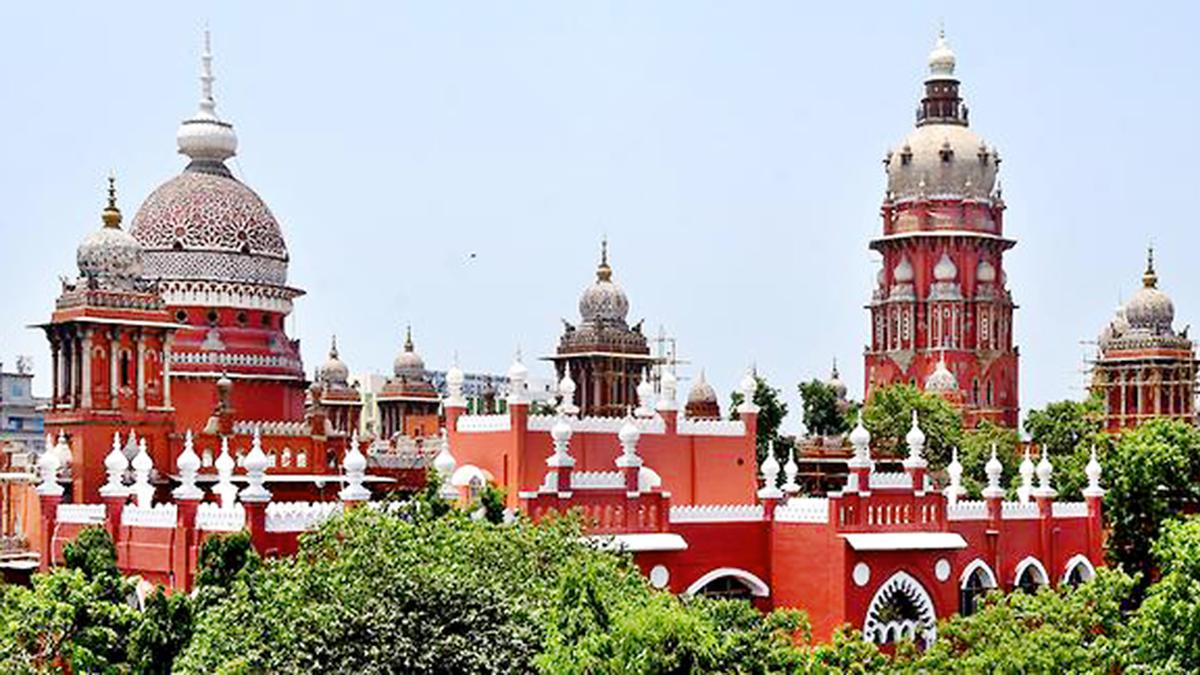
2011 election affidavit lands MLA aspirant in trouble now
The Hindu
Election affidavit filed in 2011 lands an MLA aspirant in trouble
Aspiring legislators should not make light of the affidavits to be filed by them before the Election Commission of India (EC) disclosing their assets and liabilities. An affidavit filed by one such politician during the 2011 Assembly election, claiming to have taken a loan of ₹6.25 crore from a businessman, has landed him in trouble now, with the Madras High Court ordering the discharge of the liability with interest at the rate of 18% per annum from 2013.
The issue relates to the infamous businessman, Arjunlal Sunderdas (since dead), accused of cheating people of several crores of rupees by luring them to invest in his finance and real estate companies. In 2014, the High Court declared him insolvent on the basis of an application filed by one of his creditors. Pursuant to such a declaration, all his properties stood vested with an Official Assignee tasked with clearing his debts.
The insolvent’s auditor handed over a list of debtors and creditors to the Official Assignee who too engaged a chartered accountant to verify the list. The verification led to the discovery of the fact that M. Karthe, who had contested as a Pattali Makkal Katchi (PMK) candidate in the Edappadi Assembly constituency in 2011, and his wife had received money from Sunderdas in different tranches and the total outstanding as on April 30, 2013 was ₹9 crore.
Hence, the Official Assignee filed an application before the High Court in 2017 seeking a direction to Mr. Karthe to pay back ₹9 crore with interest. And the most important document relied upon to prove the MLA aspirant’s liability was his own admission in the 2011 election affidavit that he had taken a loan of ₹6.25 crore from Sunderdas. The affidavit also stated that the deponent’s wife had a liability of ₹2.75 crore to the businessman.
Sunderdas died in 2018 and thereafter, Mr. Karthe opposed the Official Assignee’s application, for return of money, by contending that the election affidavit would have no evidential value.
Partly allowing the application now, a Division Bench of Justices G. Jayachandran and C.V. Karthikeyan wrote, “The affidavit filed before the ECI may not have evidentiary value but will have to be taken as a statement of fact and as a declaration of the existing liability.”
The judges also drew an adverse inference against the MLA aspirant, with respect to his liability to discharge the loan amount, since he had not produced a copy of the election affidavit before the Official Assignee despite having been served with a notice for its production. “It could only lead to a presumption that the affidavit was not produced by the second respondent [Mr. Karthe] only because it would be adverse to him,” the Bench wrote.













